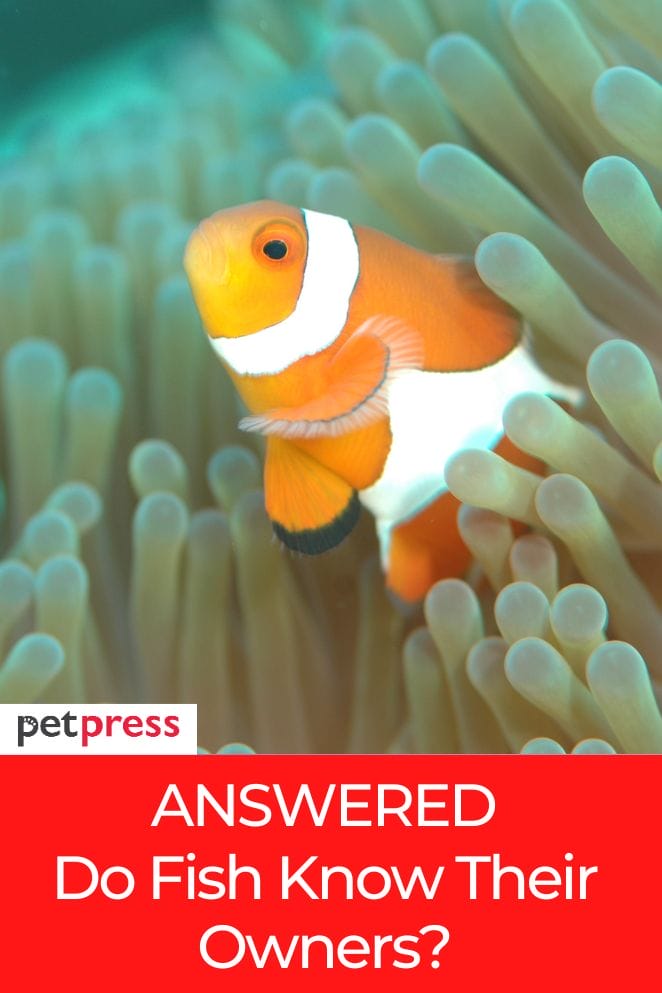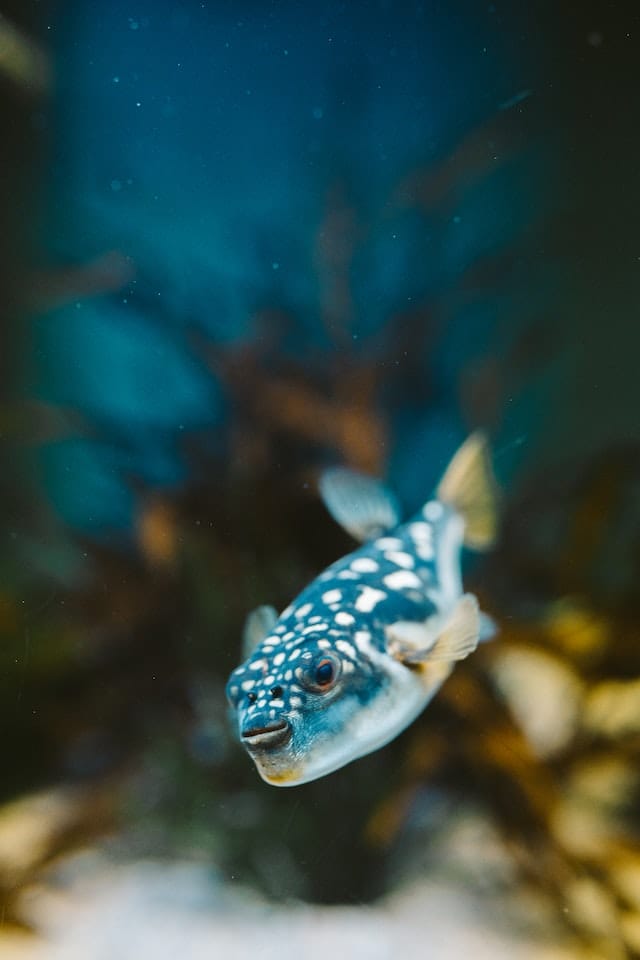
There is a longstanding debate among scientists and animal behaviorists about whether or not fish are capable of recognizing and developing relationships with their owners.
While some studies have found evidence that fish form lasting bonds with humans, others suggest that these animals lack the cognitive capacity to do so.
At the heart of this debate is the question of whether fish are capable of forming social relationships based on emotional bonding.
Do fish recognize their owners?
There is no definitive answer to this question, as the current research on fish cognition is limited and often conflicting.
Some studies have found evidence that fish are indeed capable of forming lasting bonds with humans, while others suggest that these animals lack the cognitive capacity for such complex social interactions.
One line of research suggests that fish are able to recognize their owners based on the unique characteristics of their faces.
This is supported by studies that show that fish can be trained to differentiate between familiar and unfamiliar individuals, as well as recognize their own reflection in a mirror.
However, other scientists argue that these findings are inconclusive and may be based on flawed methodology.
For example, some studies have shown that fish may simply be able to recognize social cues from their owners without forming a deeper emotional bond or connection.
Do fish get happy when they see you?

Research suggests that fish may experience feelings of happiness when they see their owners.
This is supported by studies that have shown that fish can be trained to recognize and interact with familiar individuals, as well as display unique behaviors in response to social cues from their owners.
However, other scientists argue that these findings are inconclusive and may simply reflect an innate ability for fish to recognize social cues.
Additionally, some researchers have raised concerns about the methodology and reliability of these studies, arguing that more rigorous research is needed to understand fish cognition.
- Related post: Answered: Do Fish Need Sleep
- Related post: Complete Fish Name Ideas A – Z For Your Pet Fishes
What are some of the studies that have been done on this?
There have been several studies exploring fish cognition and the ability of fish to form social bonds with humans.
Some of these studies suggest that fish can recognize their owners based on facial cues, while others indicate that they may simply be able to recognize social cues from familiar individuals.
Additionally, some researchers have raised concerns about the reliability and validity of these studies, arguing that more rigorous research is needed to understand fish cognition.
Overall, the current evidence on this topic is mixed and often conflicting, and further research is needed to clarify the extent to which fish are capable of recognizing their owners and forming social relationships with humans.
Can fish form emotional bonds with humans?

There is no definitive answer to this question, as the current research on fish cognition is limited and often conflicting.
Some studies have found evidence that fish can form emotional bonds with humans, while others suggest that these animals lack the cognitive capacity for such complex social interactions.
One line of research suggests that fish can form emotional bonds with humans by responding to social cues such as facial expressions, body language, and vocalizations.
This is supported by studies that have shown that fish are able to recognize familiar individuals and display unique behaviors in response to social interactions with their owners.
However, other scientists argue that these findings may be limited or even misleading due to flaws in the research methodology.
For example, some studies have relied on anecdotal evidence or non-standardized tests, which may not accurately reflect the true nature of fish cognition.
Final words
There is currently no consensus on whether or not fish are capable of forming lasting emotional bonds with humans.
While some studies indicate that they are able to recognize and interact with their owners, others suggest that these findings may be the result of innate social abilities rather than complex cognition.
More research is needed to understand the extent to which fish are capable of forming emotional bonds and recognizing social cues from humans.
- Does Cat Litter Melt Ice? The Complete Guide to Winter Safety - January 30, 2026
- Happy Tail Dogs: Understanding This Common Canine Condition - January 29, 2026
- How Cold Can Outdoor Cats Handle? Feline Winter Safety - January 27, 2026


GIPHY App Key not set. Please check settings